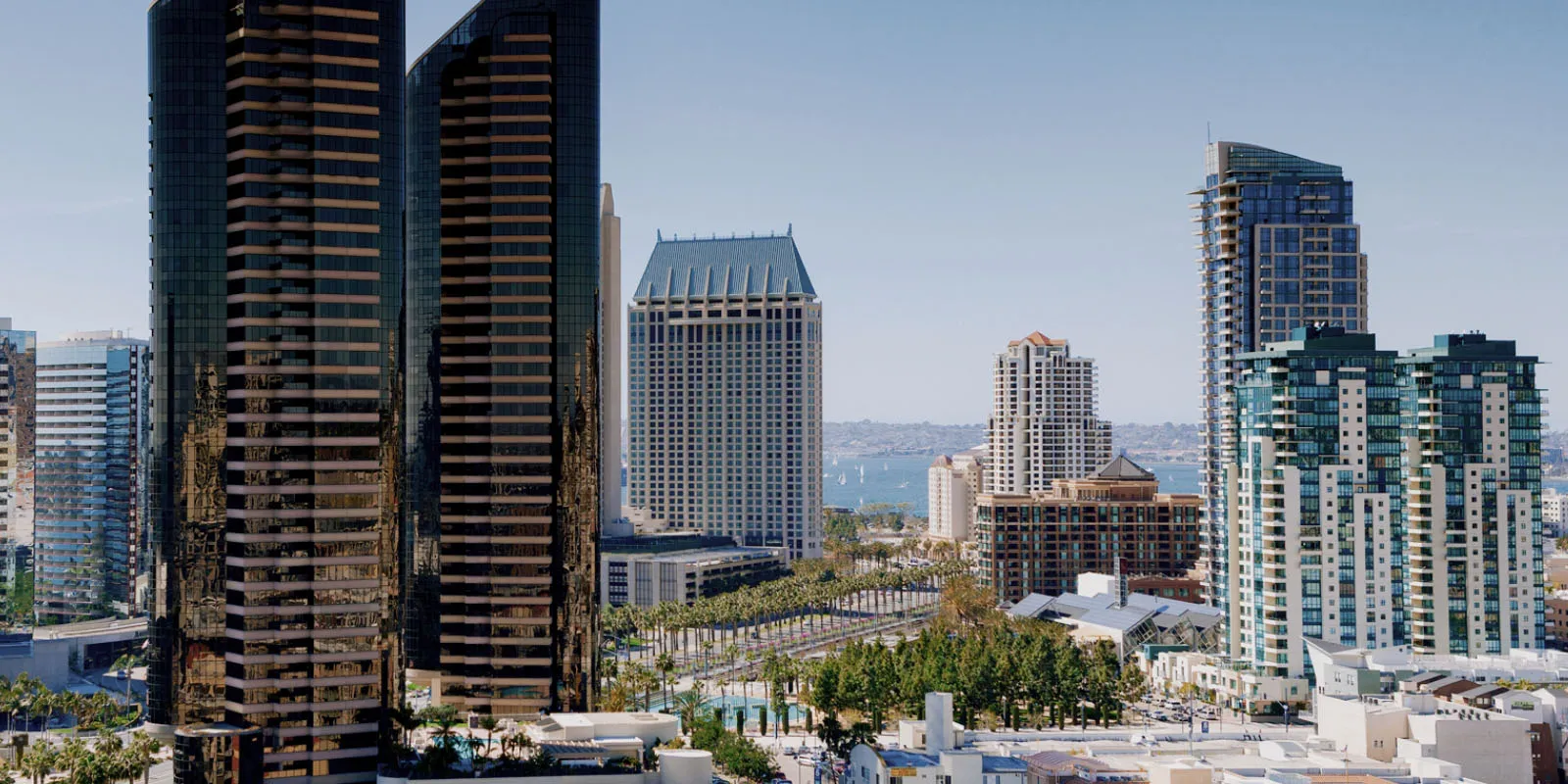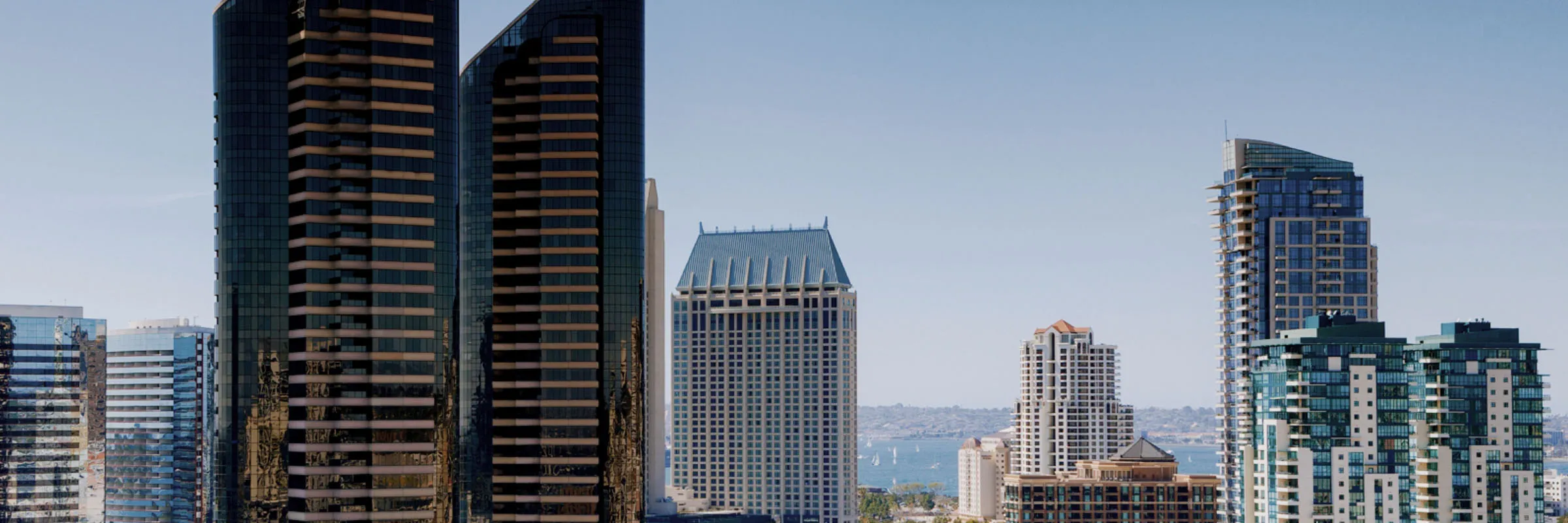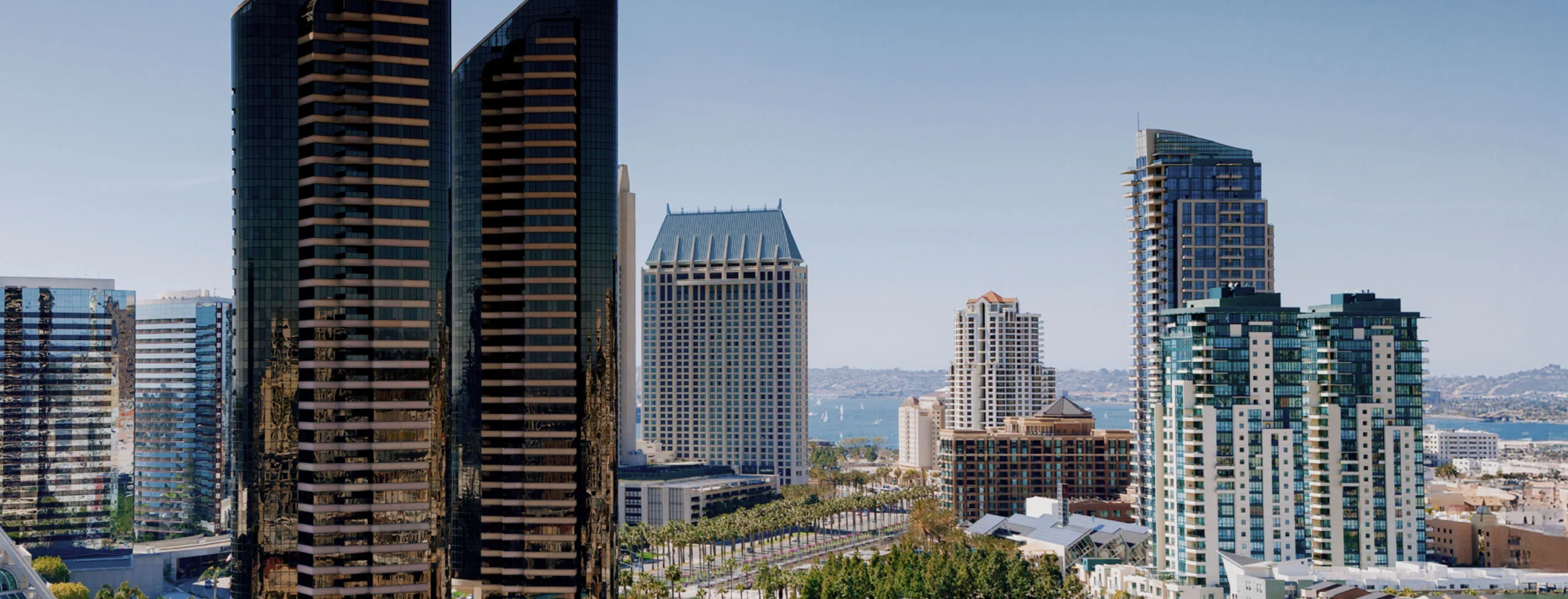While juveniles do not have all the same rights as adults—such as the right to a jury trial or bail—they are given additional protections that aim to prevent long-term consequences from youthful mistakes.
These protections, coupled with a strong legal defense, can be critical in shaping a juvenile’s future. Knowing the rights of minors and how they differ from those of adults is the first step in ensuring fair treatment under the law.
If your child has been charged with a crime in San Diego, call Law Office of George H. Ramos, Jr. today to protect your child’s future and path to rehabilitation. Contact our San Diego defense attorneys today to help with your juvenile rights case or call (619) 231-1830.
Juvenile Rights and Protections in San Diego
Some of the rights of juveniles in juvenile court differ from the rights of adults. A juvenile case will have a judge for the adjudication hearings as opposed to a jury of peers. Juveniles cannot have public trials, nor do they have the right to bail.
Despite these differences, the law also provides additional protections to juveniles such as:
- Sealing records so juvenile offenses do not affect the juvenile’s entire life
- Expunging the record once the juvenile turns 18 and after meeting certain conditions
- Rights of notice of their delinquent act before the adjudication hearing
- Right to pre-release for nonviolent delinquent acts
- Right to a San Diego juvenile defense attorney
- If they cannot afford an attorney, the right to a free public defender
Much like differences in sentences, these protections should help rehabilitate the juvenile into a productive adult.

What is the Role of a San Diego Juvenile Defense Attorney?
While a San Diego juvenile defense attorney can help support the juvenile’s family through the process, the role of the attorney is to advocate for the best interest of the juvenile. This means that the juvenile defense attorney will serve the state’s interests of their client, who is the juvenile, and not the parents.
The scope of representation in a juvenile defense trial should reach beyond the scope of an adult criminal trial. Due to the many complications and differences between an adult and juvenile trial, the juvenile crimes attorney should provide counsel and representation both before the initial detention hearing and through the post-disposition phases. With your San Diego criminal defense attorney, you can be assured that you will be receiving the most extensive representation, no matter the offense.
What are the Risk Factors of Juvenile Delinquency in San Diego?
While California’s youth and young adult arrest rates have been declining in the past few decades, the risk for juvenile delinquency remains very real. By identifying the major risk factors of juvenile delinquency, it is possible to act to continue to reduce delinquent behaviors and acts, further reducing arrest and detention rates.
Risk factors are within several domains, including individual, family, peers, and community. Any of these potential factors could show a risk for delinquency. Some risk factors include:
- Bullying and rejection decreasing exposure to positive social opportunities
- Parents’ divorce
- Early antisocial behavior and low inhibitions
- Exposure to family violence
- Gang involvement
- High crime neighborhoods
- High levels of parent-child conflict
- Home in discord
- Large family size
- Low levels of positive parent-child interaction
- Maltreatment and abuse
- Parental antisocial history
- Peer pressure
- Poor academic performance
- Poor cognitive development
- Poverty
- Social disorganization
- Teenage parenthood
- Unsafe school environments
While the presence of any one of these factors does not guarantee juvenile delinquency, several risk factors occurring in tandem can lead to delinquent behaviors. Certain risk factors can also have greater effects on children in different stages of development. The chances of these risk factors leading to delinquency are reducible by implementing protective strategies.
Protective Strategies
Protective strategies fall into the same influence categories as risk factors: family, individual, peers, and community. They can help reduce the risks of juvenile delinquency. Some protective factors include:
- Positive social skills
- Club and religious affiliations
- Shared family activities
- Open discussions about problems and issues with parents
- The presence of a positive adult influence
- Exposure to positive experiences
- Association with healthy and positive friendships
- Safe school environments that meet academic, social, and emotional needs
- Communities that promote healthy activities
To provide the best potential environment for juveniles, ongoing assessment of risk and protective factors is necessary. It is also important to not just address generic needs, but those of the individual juvenile. By building on individual strengths, the chances of future delinquency and justice system involvement decreases, and children can learn to thrive while overcoming challenges.
What Are Juvenile Delinquency Charges?
Juveniles are defined as minors or those under the age of 18. In most cases juveniles are treated differently from adult offenders. Even though many juvenile offenses, such as shoplifting, receiving stolen property, assault, sexual assault, etc., are comparable to adult offenses, the penalties could often be more severe for juveniles. Offenses that are unique to juveniles include breaking curfew and truancy.
There are separate courts, institutions, and rules governing the juvenile process; and generally, the juvenile court system will make every effort to rehabilitate the child rather than choose incarceration. Only in extreme cases such as murder, kidnapping, arson, and rape will a juvenile be tried as an adult. The courts may hold a “fitness hearing” to decide whether or not to transfer the juvenile to the adult court system. The court will base its decision on the following factors:
- The seriousness of the offense
- The child’s criminal sophistication
- Previous offenses
- Previous attempts to rehabilitate the offender
- Court’s belief that future rehabilitation attempts will be unsuccessful
San Diego County is home to two maximum-security juvenile detention centers. East Mesa Juvenile Detention Facility which opened in 2004, is just east of Otay Mesa and the Kearny Mesa Juvenile Detention Facility is in the suburban neighborhood of Birdland.
San Diego is also home to three minimum security rehabilitation facilities throughout the county. The idea of your child spending time in a juvenile detention facility is always a scary thought. That’s why it’s imperative to hire a San Diego juvenile defense lawyer to represent your dependent while facing juvenile offenses.
How do I Hire a San Diego Juvenile Defense Attorney?
If you’re under the age of 18 and you’ve been arrested or charged with a crime, speak with our San Diego juvenile crimes lawyer George H. Ramos, Jr. If you have questions regarding juvenile crimes, contact Law Office of George H. Ramos, Jr. today for a free consultation.
We are available to take appointments days, evenings, and weekends. Our law office is bilingual and we accept all major credit cards.
Why Choose George H. Ramos Jr?
George H. Ramos, Jr. is a former prosecutor who knows how prosecutors evaluate cases and he uses that information to your advantage. George H. Ramos, Jr. aggressively defends juvenile clients to prevent the stigma attached to having a juvenile record.

Contact an Experienced San Diego Juvenile Defense Lawyer Today
The laws may differ for adults and juveniles, but for the most part, the rights do not. For example, you must be read your Miranda rights. A San Diego juvenile defense attorney may be your only defense against facing jail time or probation. In every case, the charge must be vigorously defended to prevent a conviction. Contact the Law Office of George H. Ramos, Jr. today or call (619) 231-1830 today.




